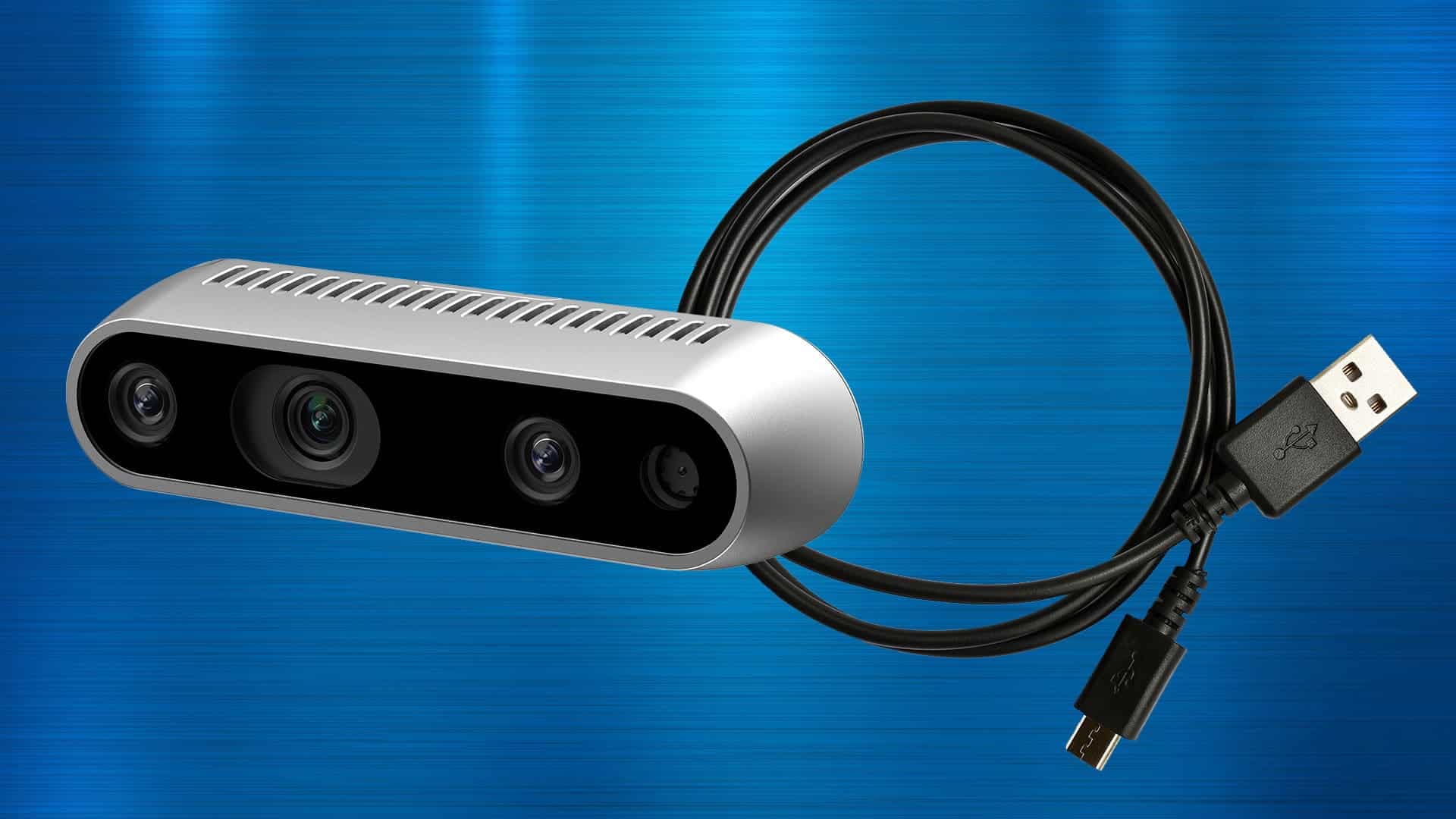Intel continues to make progress in its strategic restructuring process with the decision to spin off its depth camera business, RealSense. This division, known for its innovative computer vision solutions, will operate as an independent company starting in mid-2025, although it will remain part of Intel Capital’s portfolio, allowing Intel to continue reaping indirect benefits.
A move towards efficiency and a focus on core businesses
The decision to convert RealSense into an independent company comes at a time when Intel is facing financial challenges and seeks to redefine its priorities. While Intel denies that the separation is directly related to its economic troubles, this move adds to the recent spin-off of its FPGA business, Altera, which is also now operating as an independent company.
Intel argues that this strategic restructuring will allow RealSense and other spun-off divisions to thrive in specific markets and capitalize on new opportunities. Additionally, it will help Intel focus on its core areas, such as x86 processors, Intel Arc graphics, and data center solutions.
In a statement, Intel said:
“After ten years of incubation, we are unleashing the potential of RealSense as an independent company. This move aligns with our ongoing transformation and our strategic goal of focusing on our core businesses.”
A new future for RealSense
RealSense has stood out in recent years for developing advanced computer vision and artificial intelligence solutions. Now, as an independent company, it will continue to offer innovative products in areas such as depth cameras, facial authentication solutions, and robotic applications. It also plans to expand its focus toward new technologies, including stereoscopic vision and AI-driven biometric hardware.
In its statement, the new company noted:
“Our priority will be to ensure a seamless transition for customers while we expand our roadmap to include innovations in robotics and biometric AI software.”
Implications of the change
Although the decision might be interpreted as a sign that Intel is dismantling certain areas of innovation, it can also be seen as an opportunity for divisions like RealSense and Altera to explore greater flexibility in pursuing new customers, partners, and funding sources. This autonomy could allow them to respond more quickly to market demands and compete more effectively in specific niches.
With this move, Intel reaffirms its commitment to focusing on its strategic businesses while enabling the growth of other areas under an independent model. However, it remains to be seen whether this restructuring will strengthen both Intel and the spun-off companies in an increasingly competitive technology market.

